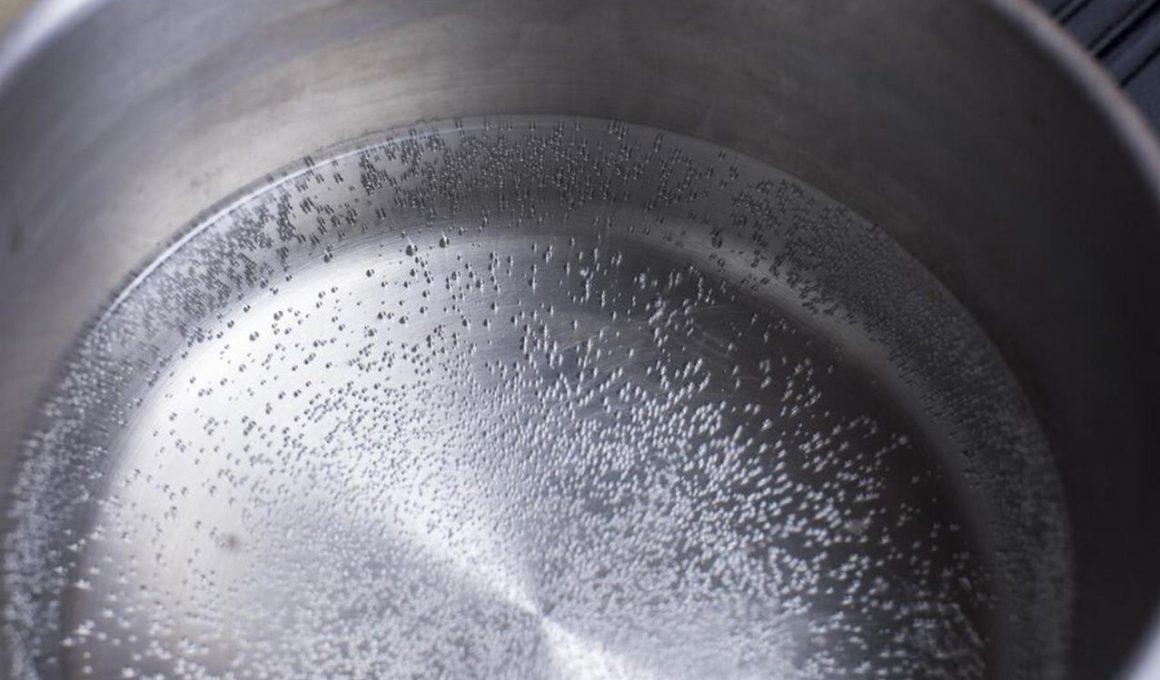If you’re a beginner cook and want to learn how to cook or bake asparagus, you’ve come to the right place. Roasting asparagus in the oven creates a richer flavor and texture, and it is a great source of antioxidants and vitamins. Here are a few tips to get you started. To start, push two or three spears together on a baking sheet. Sprinkle a small amount of mozzarella cheese on top of each asparagus spear and roast for 5 minutes. Meanwhile, make a sauce by mixing 1 tablespoon soy sauce with 1/4 teaspoon fresh grated ginger or ground ginger. You can also add toasted sesame seeds or honey sriracha.
Oven roasted asparagus is an excellent choice for beginner cooks
Oven roasted asparagus is an easy way to cook healthy vegetables that are both delicious and easy to prepare. Asparagus is a perennial vegetable that grows in a variety of climates. Typically, asparagus season is in the spring and fall, but it can be found all year long. Oven roasted asparagus is one of the easiest ways to cook asparagus for a beginner, as it requires only minimal preparation and monitoring.
Before roasting, first clean the asparagus. Rinse it under cool running water and pat it dry with a kitchen towel. The hot oven and dry surface will give the asparagus a crisp texture. Snap off the ends one by one. Asparagus tends to break naturally at the point where the woody stem meets the fresh part. For easier cooking, bundle the asparagus. You can also cut the end off at the broken point.
Roasted asparagus is quick, easy, and delicious. All you need is three ingredients: olive oil, salt, and asparagus spears. Once you are done, just place them on a baking sheet lined with parchment paper or a rimmed pan. Roasting the asparagus will take between four and eight minutes, depending on the size of the spears. Make sure to follow the directions on the packaging, because roasted asparagus may not be the same as fresh steamed asparagus.
To ensure the best results, choose an oven that is 450°F (232 C). Using a hot oven will result in browning asparagus faster. Leaving the asparagus to heat up slowly will cause the stalks to overcook before they are evenly browned. If you are a beginner cook, oven roasted asparagus is an excellent choice. These vegetables are healthy and delicious and will impress your family and friends.
It has a deeper flavor and better texture
When preparing asparagus, there are three basic methods that you can use: on the stove, in the oven, and on the grill. For a delicious smoky flavor, you can grill it, while steaming will keep it bright green. Which method is best for you depends on the flavor you want, and how convenient it is for you. To prepare the asparagus in a saucepan, add salted water. Place the asparagus stalks and the steamer basket in the water, and heat up to a high temperature for two to four minutes.
Before cooking the asparagus, make sure you thoroughly rinse the stalks with warm water. Remove any sand or dirt from the bottom. If you cannot remove the lower portion, you can gently bend the stalk up until it breaks. Afterward, you can use a large chef’s knife to line the ends up and cut them off by one inch. After cooking the asparagus, you can sprinkle it with parmesan cheese and serve it.
Asparagus is a great spring vegetable. It pairs well with many spring flavors. Cooking asparagus will make it more pleasant. For more flavor and better texture, try adding lemon juice and grated Parmesan cheese to the pan. You can even cook it to a golden color. The best way to enjoy the flavor of asparagus is to cook it until it is past the crunchy green stage.
Roasting the asparagus is one of the easiest ways to prepare it. It is easy, fun, and delicious! Asparagus is often used in salads, sandwiches, and pizzas, so try roasting it as well! Just be sure to remove the tough end before roasting it. After roasting, sprinkle with salt and pepper and enjoy! If you aren’t sure how to cook asparagus, you can always use the following tips.
It is an excellent source of antioxidants
Asparagus is a great source of antioxidants when prepared properly. The vegetable’s color is due to anthocyanins, which are also antioxidants that help fight free radicals. Asparagus has a low calorie and fat content, and only two grams of protein and four grams of carbohydrates. It also contains zero sodium. It was originally grown for its diuretic properties and was enjoyed for its delicate flavor.
Regardless of whether you prefer raw, roasted, or baked, asparagus is a great source of antioxidants. However, it is important to remember that the cooking process must optimize the availability and retention of beneficial phytochemicals. In this study, we investigated the different cooking conditions for asparagus and their antioxidant activity. Cooking the asparagus for the minimum amount of time reduced the amount of rutin and glutathione in the spears.
While many people have no problem consuming asparagus, consuming it in moderation can reduce the risk of developing a urinary tract infection (UTI). Asparagus is also high in purines, which can influence gout and kidney stones. If you are on a purine restriction, cooking asparagus is not an option. Asparagus should also not be consumed by people with certain allergies.
In cooking or baking asparagus, you can keep the nutrients intact by avoiding excessive heat. For optimum flavor, you should cook the vegetable briefly, as opposed to boiling or baking it. When cooking asparagus, use olive oil or coconut oil, since some antioxidants and vitamins are more easily absorbed with fat. Additionally, remember to serve the asparagus warm. It’s not only delicious but also healthy! It’s a great way to get your daily dose of antioxidants.
It is a great source of vitamins
Asparagus is high in vitamins, minerals, and antioxidants. It is a great source of folate, a B vitamin that is important during rapid growth. It also contains potassium and pantothenic acid, two of the most important nutrients for lowering blood pressure. Asparagus is also a good source of fiber, which helps regulate the digestive system. It is a low-calorie vegetable that is packed with vitamins and nutrients.
Asparagus is a good source of folate, which can improve mood and ward off feelings of irritability and depression. It also contains Vitamin B12, a powerful antioxidant. Studies have shown that older adults who consume adequate folate and B12 levels performed better in cognitive tests. It is important to understand how to cook or bake asparagus, but remember that cooking or baking it correctly is key to getting the most out of this healthy vegetable.
Asparagus may have been associated with breast cancer, but this link has yet to be confirmed. In a study published in Nature, researchers found that the protein asparagine synthetase affects whether cancerous breast tumors spread. The media interpreted the findings as a link between asparagus and breast cancer. However, critics argue that the conclusions are too far from the original study.
Asparagus is a good source of folate, a B vitamin important for the development of the foetus. A single cup of cooked asparagus can contain up to 200mcg of folate, a recommended daily intake for pregnant women. Aside from folate, asparagus is also rich in Vitamins C and E, and polyphenols, which have anti-inflammatory properties.
It is a great source of antioxidants
Eating plenty of vegetables, such as asparagus, can protect your health from a range of diseases, including heart disease and cancer. The high level of antioxidants in asparagus can help your body fight the free radicals that can damage your cells and lead to various chronic ailments. Asparagus is also an excellent source of vitamin C and vitamin E. A cup of asparagus can provide up to 50 percent of your recommended daily allowance of these vitamins and minerals.
Asparagus comes in many varieties, but the most common is the green variety. There are also purple varieties, which are smaller and have a fruitier flavor. There are several ways to cook asparagus, and it is best to avoid over or under-cooking it. Over-cooking the vegetable will diminish its antioxidant content, and under-cooking it will destroy the healthy nutrients in the asparagus.
Asparagus contains a group of phytonutrients called saponins, which help protect cells from the harmful effects of free radicals, which cause aging, chronic inflammation, and other diseases. Its high levels of flavonoids, including kaempferol and isorhamnetin, have been found to reduce the risk of cardiovascular disease and cancer. Furthermore, asparagus is rich in fiber, which may prevent high blood pressure and diabetes.
Asparagus is an excellent source of folic acid, which is essential for healthy pregnancy. This nutrient helps the foetus develop and protects against neural tube defects. One cup of boiled asparagus has 200mcg of folic acid, which is equivalent to the recommended intake of folic acid for pregnant women. It also contains a high amount of vitamins C and E, and plant compounds called polyphenols that have anti-inflammatory effects.
Podobne tematy




